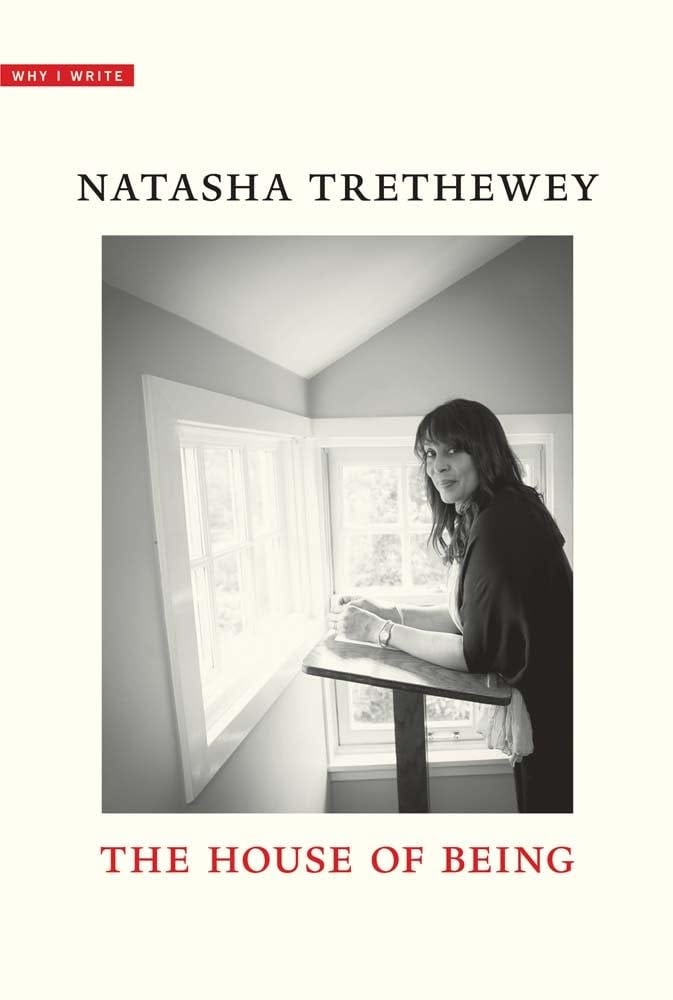Permanence, Memory, & Memoir
A review of Natasha's Trethewey's "The House of Being"
Dear Friends,
A few weeks ago, I read a book1 that really surprised me.
There I was, rolling along with the little stories of childhood in this slim little volume, when I started to feel an increasing weight coming over me. There was a foreshadowing-without-foreshadowing within the first half of the book. Was it tragedy that was coming? Was it pain? Or was it a hope that first required looking backward?
As part of a series called Why I Write, I thought that this book, Natasha Trethewey’s The House of Being, would introduce me to Trethewey’s methods or her journey to publication or her present-day family. Instead, her words focus on memory, on joy and pain, and on how facing these things — on making them more permanent, rather than more ephemeral — is why she writes.
Read my review here (and do consider investing a few hours in reading this powerful little book!):
“Permanence, Memoir, and Memory”
Now, tell us:
Do you identify with the need to honor memory in order to remain connected to oneself?
Does memoir as a genre trouble or engage you (or do you have an alternate reaction)?
If you are a writer, why do you write?
And if you particularly enjoy our reviews and other literary takes here at the Hollow, I invite you to consider signing up for a $5/month subscription in order to read our monthly Quick Book Notes series as well as other monthly paid-only posts and the larger archive at the Hollow.
Have a good week,
The book links in this post go to my affiliate shop at Bookshop.org. When you purchase from my shop, you help support my work. Thank you!




What a beautiful reflection! I really liked this: "As the author reflects on this growth, she also opens to us the blossoming self-knowledge that she now can see in her own older poetry: In that poem, she had not yet learned to allow herself to remember things fully, for example, but in this poem, the last couplet showed her something new despite efforts at avoidance." Writing is such a great path to self-knowledge.
Oh, I think I would probably like this one. I’m fascinated by memory, the way that it’s not nearly as static or linear as people like to think (this is true for traumatic memories in particular). I often think about some of these ideas in relation to God’s instructions — he continually tells his people to remember, remember, remember. So there must be something important to the telling of the stories. What is it that we are supposed to learn from remembering? Not that we are victims, but also we have to remember in order to heal. So often it’s as if people want to gloss over difficulty, to prove they’ve survived it, and it’s actually in the remembering and telling that we heal more fully.